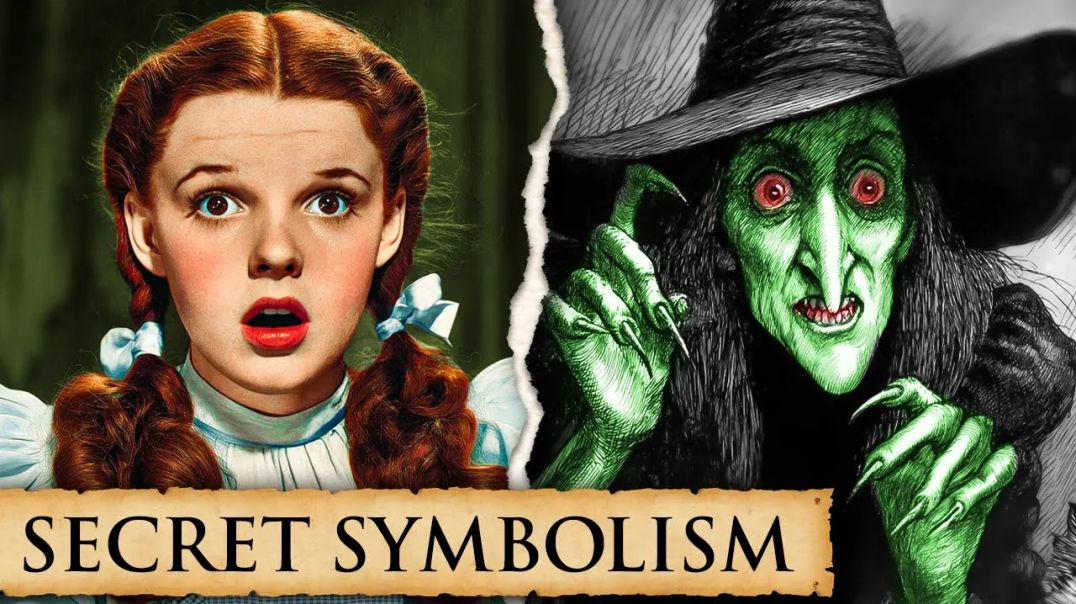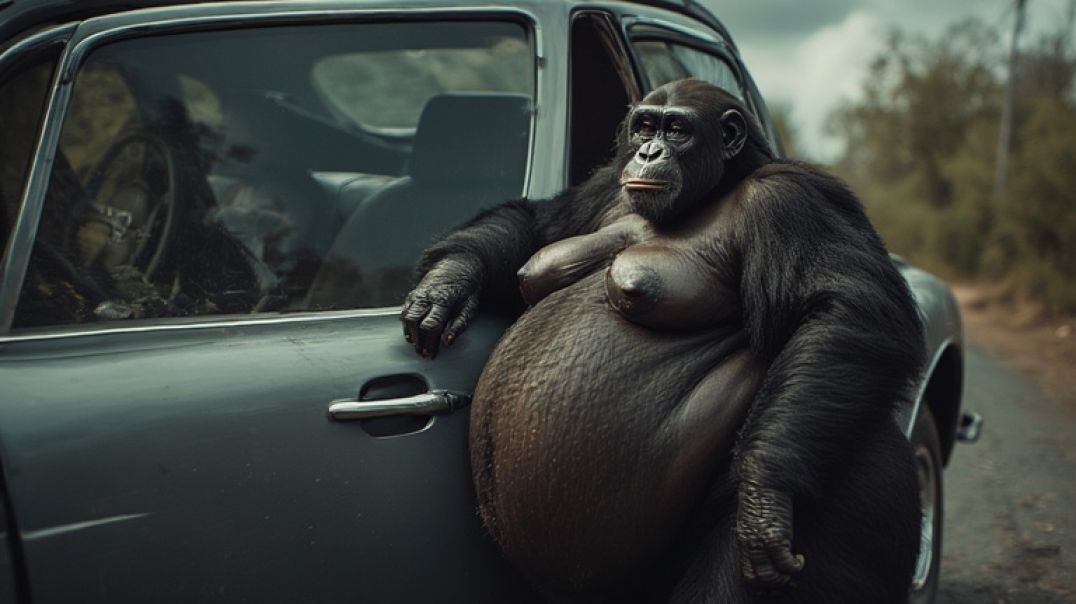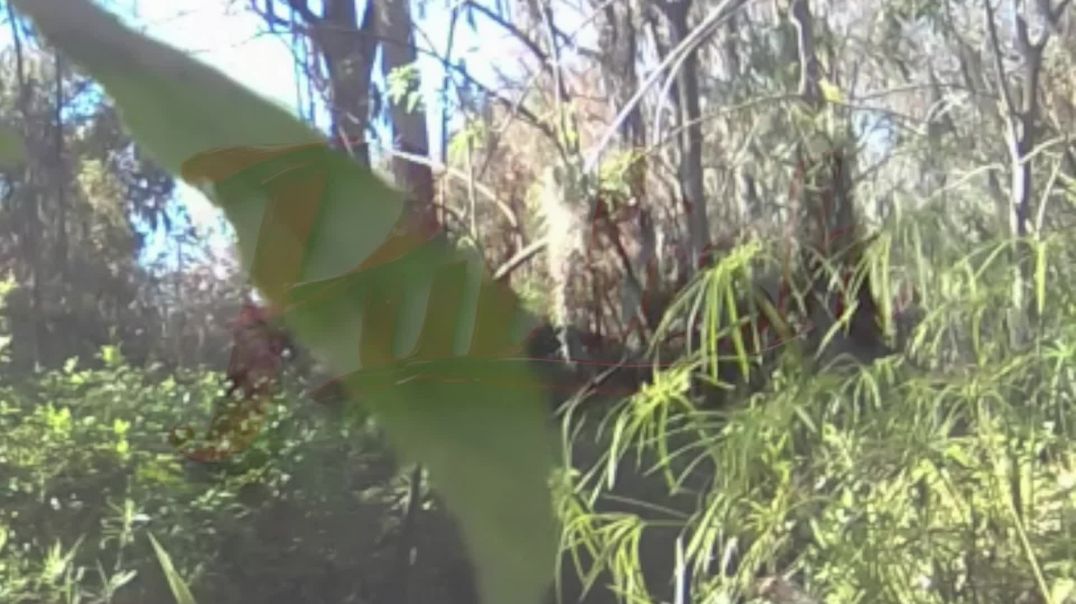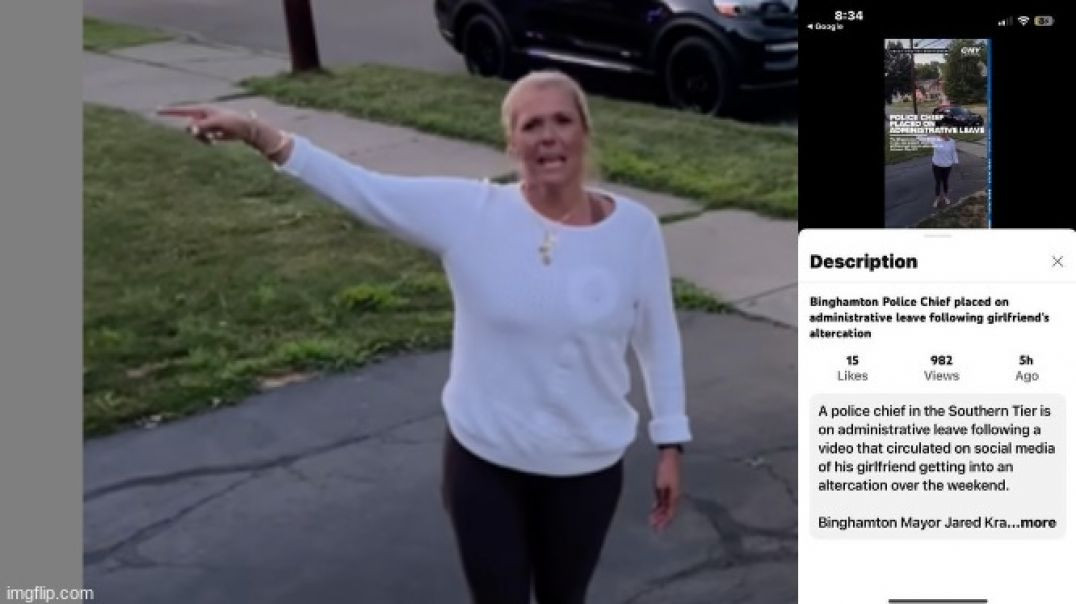Live streaming on Altcast.TV is now available!
Behind the Meaning of the Song “Black Betty” 😅🚑🥊 by Ram Jam
https://americansongwriter.com..../behind-the-meaning-
The thing about songs—especially blues songs—is that their origins can often have long roots.
That is especially the case with the hit track “Black Betty” from the ’70s British-American rock band Ram Jam. The song, which was made famous more recently in the 2001 film Blow, is an all-time rocker, buoyed by big guitars and a big voice. But while it rose to fame again in the early 21st century, the song’s beginnings started in the early 20th.
Origins: a Whip, a Wagon, or a Woman?
The original song, “Black Betty,” started as a work song, sung predominately by Black people in the early 20th century. Though its roots may even extend beyond that into the 19th. While it may seem obvious the song is about a woman named “Betty,” that meaning is likely not accurate—at least, not entirely.
The song, like many early blues songs, has ties to the great songwriter and performer Lead Belly. (Another famous tune attributed to him is “In the Pines,” made especially famous by Nirvana in the band’s MTV Unplugged performance, then called “My Girl.”)
Some sources claim that “Black Betty” was written by Lead Belly, though others claim that he adapted it from even earlier versions. Because of its populist origins, the song has many recordings—more recently, Tom Jones took a stab at it. But the most famous in modern day is Ram Jam’s rock version, which is sung with slightly modified lyrics.
While some may think “Black Betty” refers to a woman, others claim it’s a nickname for any number of objects, including a bottle of whiskey, a whip, or even a penitentiary transfer wagon. In Northern England and southern Scotland, wrote David Hackett Fischer, the term “Black Betty” was offered used for a bottle of whiskey. That euphemism was later adopted in the country regions of the eastern United States.
In 1736, American Founding Father Benjamin Franklin published The Drinker’s Dictionary and referenced the term, writing, “He’s kiss’d black Betty.” Other older references include the U.S. wedding tradition in which two groomsmen are pitted against one another in a race. The prize? A bottle of whiskey, known as “Black Betty,” according to Caldwell’s Illustrated Combination Centennial Atlas of Washington Co. Pennsylvania of 1876.
In the 1934 book, American Ballads and Folk Songs, John A. and Alan Lomax write that “‘Black Betty’ … is the whip that was and is used in some Southern prisons.” There are several more references in early 20th century writings to the term referring to a whip. Still, others refer to it as a synonym for the “Black Maria,” which was a term used for the automobile that transferred prisoners to their holding centers.
In Life Flows On in Endless Song: Folk Songs and American History, author Robert Vells writes: “As late as the 1960s, the vehicle that carried men to prison was known as ‘Black Betty,’ though the same name may have also been used for the whip that so often was laid on the prisoners’ backs, ‘bam-ba-lam.'” In more modern references, a “Black Betty” may have been a fast car or motorcycle.
First Recordings
According to reports, the song was first formally recorded in 1933 by U.S. musicologists John and Alan Lomax. It was performed a cappella by convict James “Iron Head” Baker and a group of prisoners at Central State Farm, in Sugar Land, Texas. At the time, Baker was 63 years old.
That Lomax recording was supplied to the Library of Congress. The song also appears in altered field recordings taken in 1934, 1936, and 1939 by musicologists.
Lead Belly, who had a strong relationship with the Lomaxes, recorded a version in 1939 in New York for the Musicraft Records label. Musicraft released that recording that year as part of a five-disc album, Negro Sinful Songs sung by Lead Belly. Lead Belly’s version was also recorded a cappella, with handclaps. Later versions, though, utilized guitar accompaniment. In 1964, for example, Odetta recorded a version with musical instruments.
In 1964, singer Dave Ray recorded a version of the song. And in 1968, Manfred Mann released a version of the song on their LP, Mighty Garvey! That song was titled “Big Betty.” Mann’s band performed the song for the BBC but it was never released.
Lyrics
The lyrics to the song are as much rhythmic placeholders as they are bits of a story. For example, read the first stanza (from the Ram Jam version) below and notice how it’s as staccato as an electric guitar:
Whoa, Black Betty (Bam-ba-lam)
Whoa, Black Betty (Bam-ba-lam)
Black Betty had a child (Bam-ba-lam)
The damn thing gone wild (Bam-ba-lam)
She said, “I’m worryin’ outta mind” (Bam-ba-lam)
The damn thing gone blind (Bam-ba-lam)
I said oh, Black Betty (Bam-ba-lam)
Whoa, Black Betty (Bam-ba-lam)
On the face of it, it would seem “Black Betty” is a person. But in the eyes and mind of an artist, many objects can be personified. And a song with many interpretations is the best kind. Perhaps, as such, there is no “real” meaning. Just many meanings that many people can grasp onto if they so choose.
It continues:
Whoa, Black Betty (Bam-ba-lam)
Whoa, Black Betty (Bam-ba-lam)
She really gets me high (Bam-ba-lam)
You know that’s no lie (Bam-ba-lam)
She’s so rock steady (Bam-ba-lam)
And she’s always ready (Bam-ba-lam)
Whoa, Black Betty (Bam-ba-lam)
Whoa, Black Betty (Bam-ba-lam)
Get it!
Ram Jam Version
Frontman Bill Bartlett formed a band called Starstruck early in his career. While in that band, the musician took Lead Belly’s 59-second version of “Black Betty” and released a revised version on his band’s TruckStar label. It became a regional hit.
Later, producers Jerry Kasenetz and Jeffry Katz formed a new group around Bartlett in 1977 in New York City, which they called Ram Jam. They released a version of “Black Bett” and it became a national hit. It reached No. 18 on the singles charts in the U.S. and it was a top-10 hit in the U.K. and Australia. Since then, the song has appeared in a number of pop culture arenas, including the 2005 film The Dukes of Hazzard, and in figure skater Javier Fernandez’s performance at the World Championships in 2015 in which he won Gold. It appeared in Blow, as mentioned before, and in video games, as well.
Boycott
When the Ram Jam version was released, the NAACP and Congress of Racial Equality called for a boycott due to the song’s lyrics. That boycott failed, however. And the song rose up the charts in 1977. And the band’s self-titled debut album hit No. 40 in the U.S., No. 4 in the Netherlands, and No. 33 in Canada. It was the band’s biggest success and remains so to date.
Cover Versions
As mentioned, Tom Jones attempted a cover, which has earned success for its modern bent. Other notable versions include renditions by the hard rock band, Spiderbait. And the big-voiced Larkin Poe, both of which you can check out below.










![WHOLE LOTTA SABBATH [LED ZEPPELIN ➕ BLACK SABBATH MASHUP] BY WAX AUDIO](https://s3.us-central-1.wasabisys.com/altcast1/upload/photos/2025/07/nD2iK3IGBhrn9rS8PPve_31_6c7fdbcefb362b58e97cc625c188c77d_image.png)




![THE BLACK KNIGHT ALWAYS WINS❗ [EPIC FAIL]](https://s3.us-central-1.wasabisys.com/altcast1/upload/photos/2025/07/dKRMGNa3kCwdymgmKLwd_07_13d51195cc58155eb232b83ec14c983f_image.jpg)
![WHITE ACTRESS CLAIMS RACISM AFTER BEING BLOCKED FROM PORTRAYING BLACK ICONS ₪ [BLACK GUY KVETCHES]](https://s3.us-central-1.wasabisys.com/altcast1/upload/photos/2025/07/cb8eeLP38eS6w7stcnCP_03_0952093672e58cc32a2fffbaa8f5896b_image.jpeg)
![GEORGIA'S DOMINION SYSTEM 🗳❌ DECLARES WRONG WINNER❗ [TIME TO OUTLAW BLACK BOX VOTING]](https://s3.us-central-1.wasabisys.com/altcast1/upload/photos/2025/07/lSCaeGF5Usvz2E7AvihV_02_d1e390dda6e681a86d6696cfb095a386_image.jpg)




Ah, now that I can hear the words I can now see that there is a black woman named Betty in Birmingham Alabama who had a baby she couldn't control who possibly went blind who provides the singer drugs and/or sex...interesting